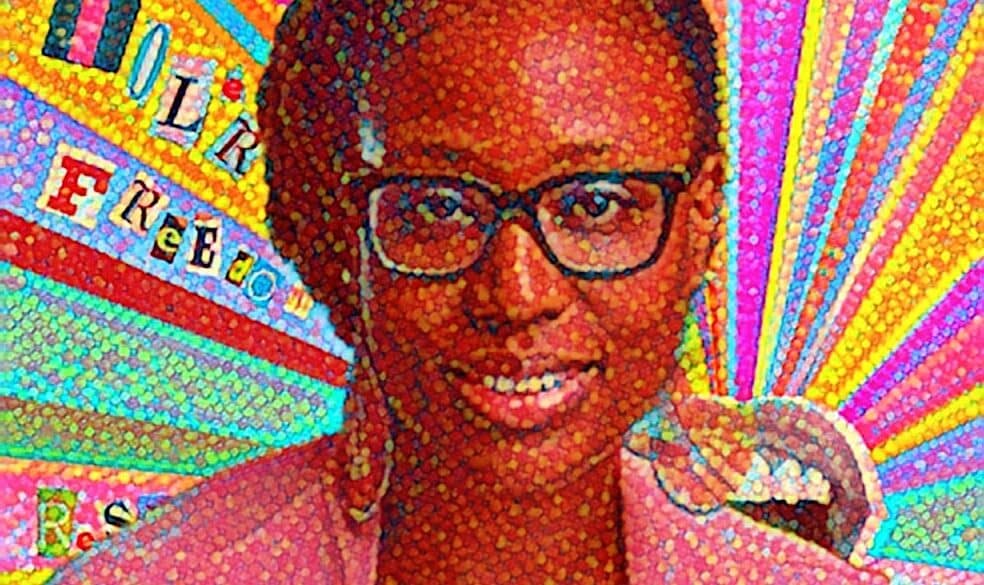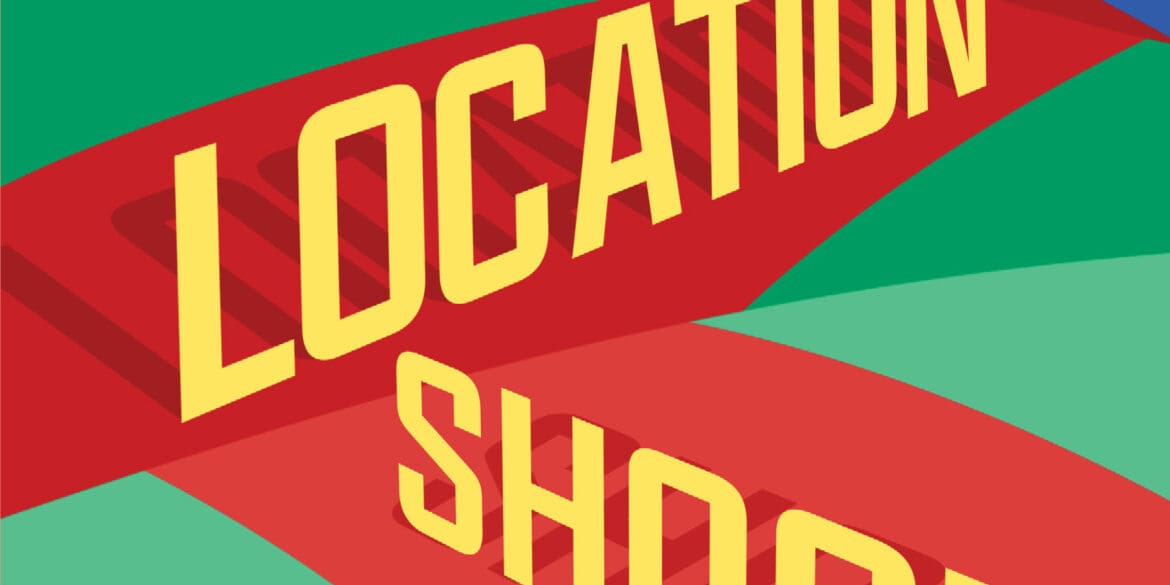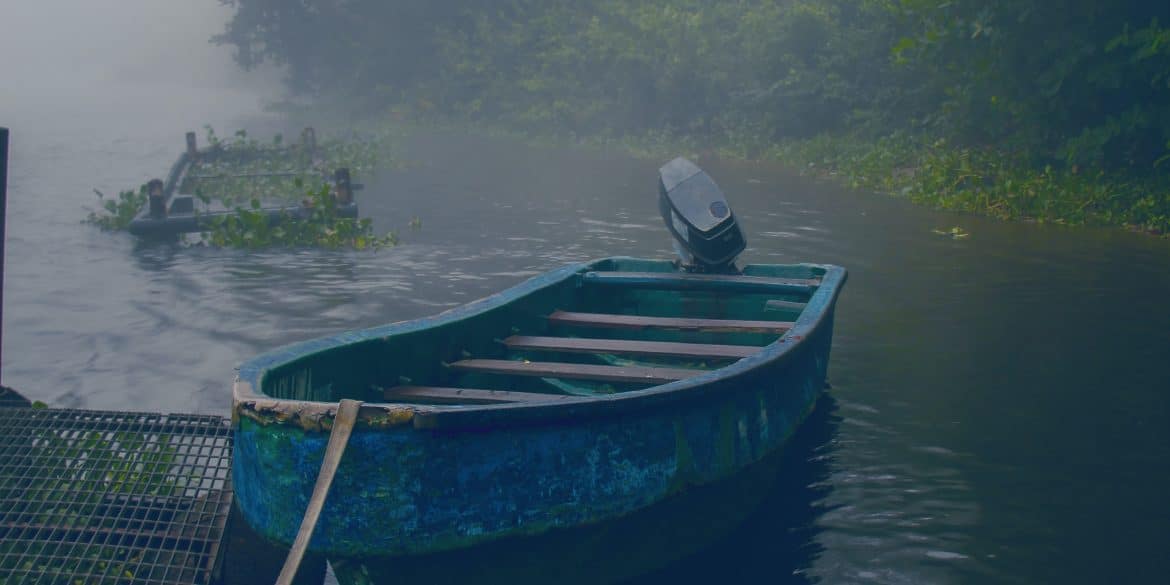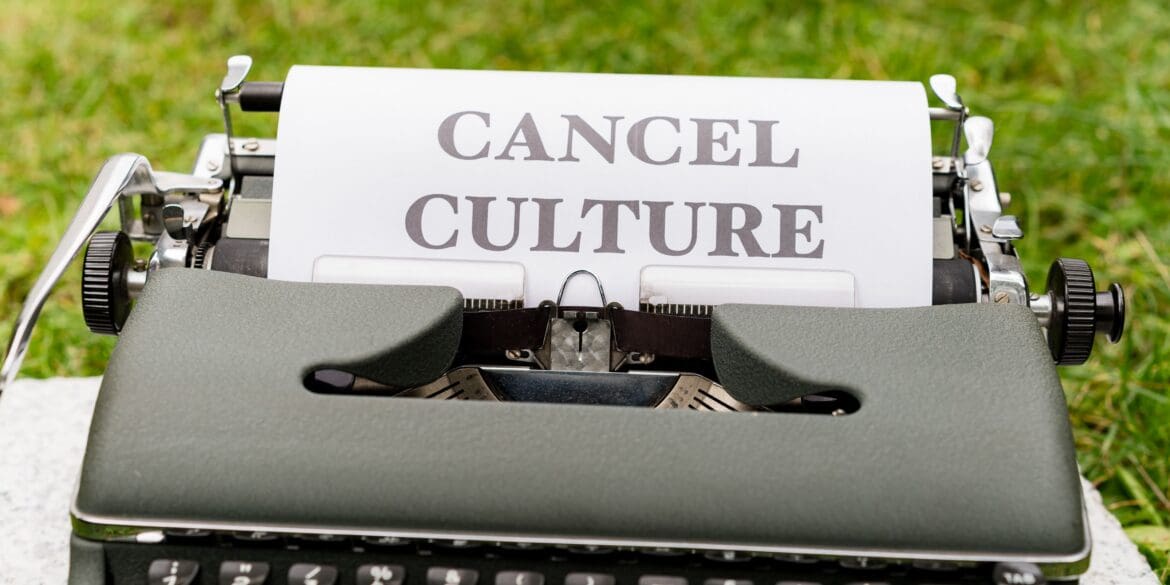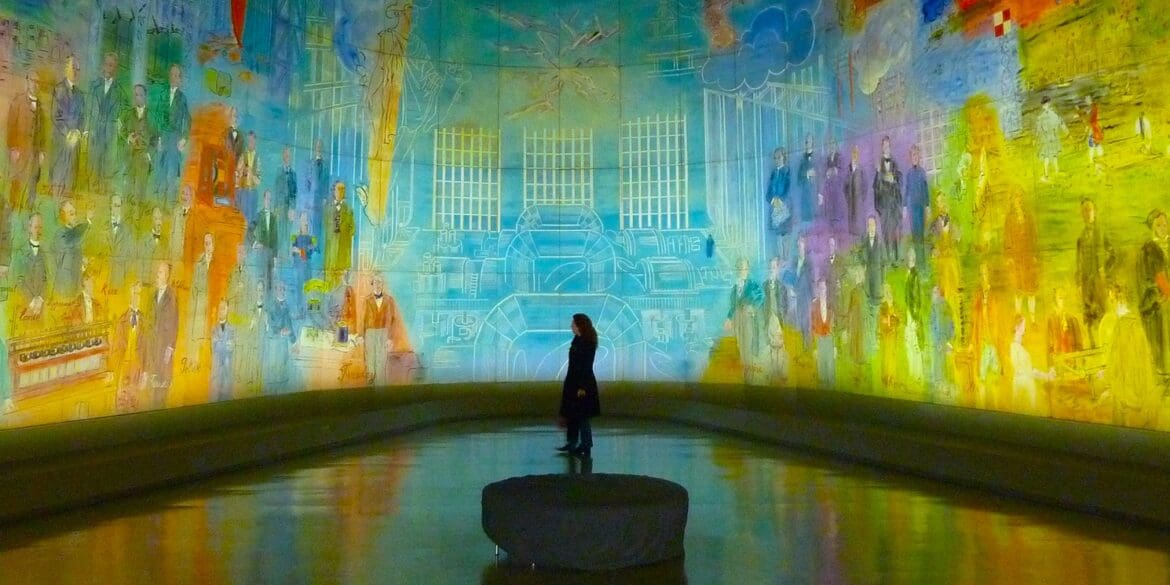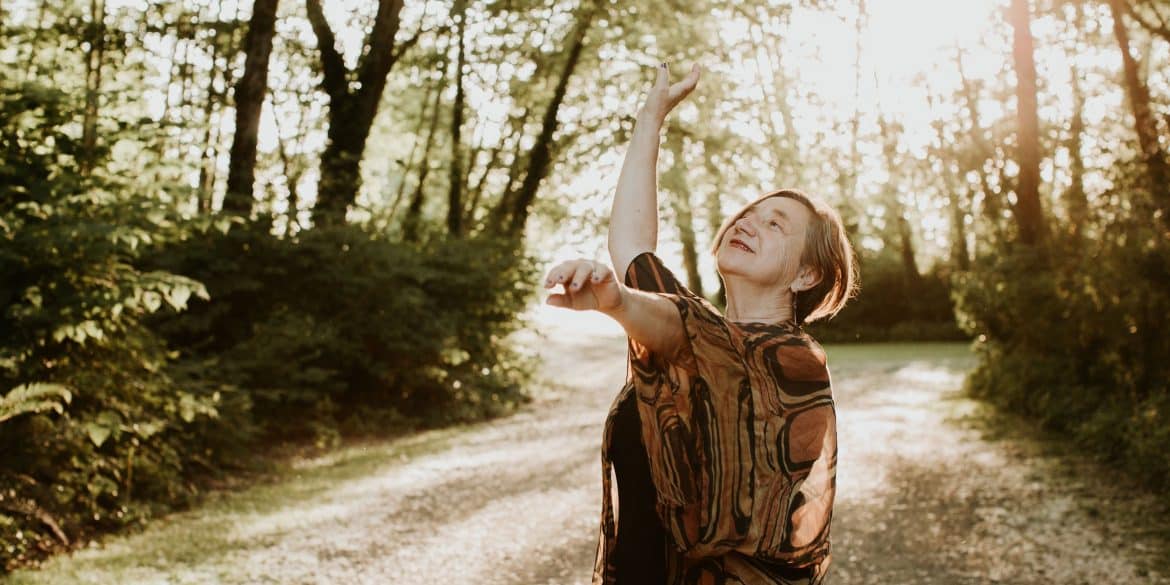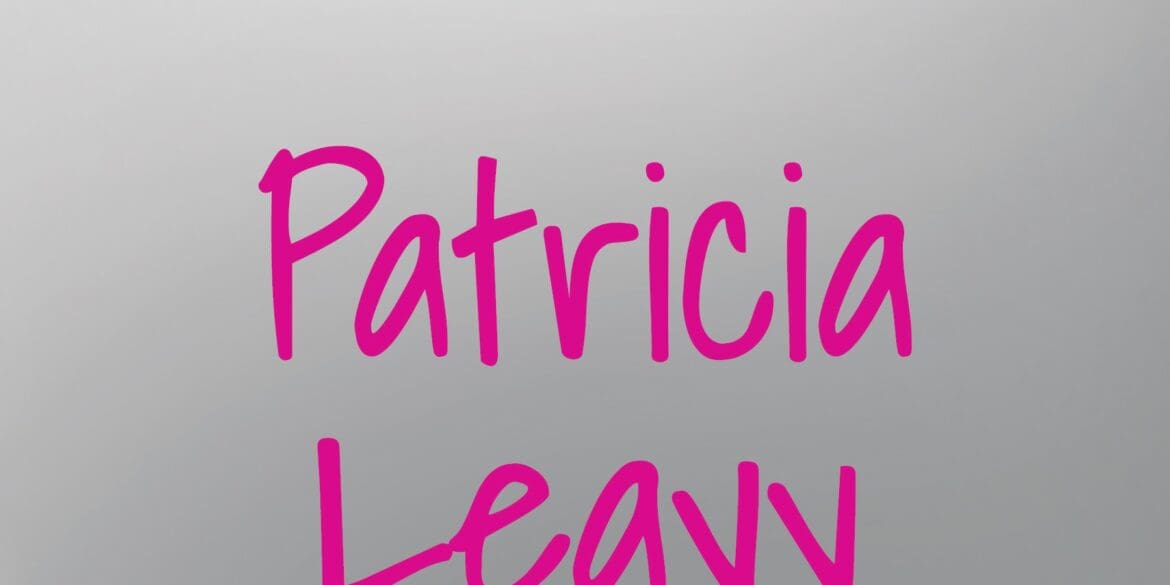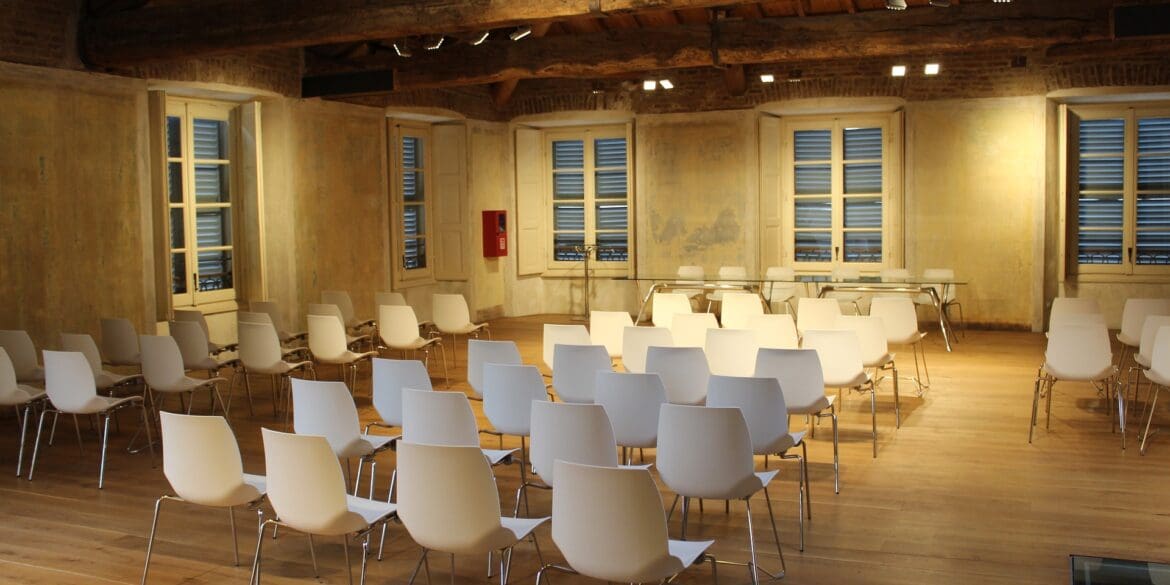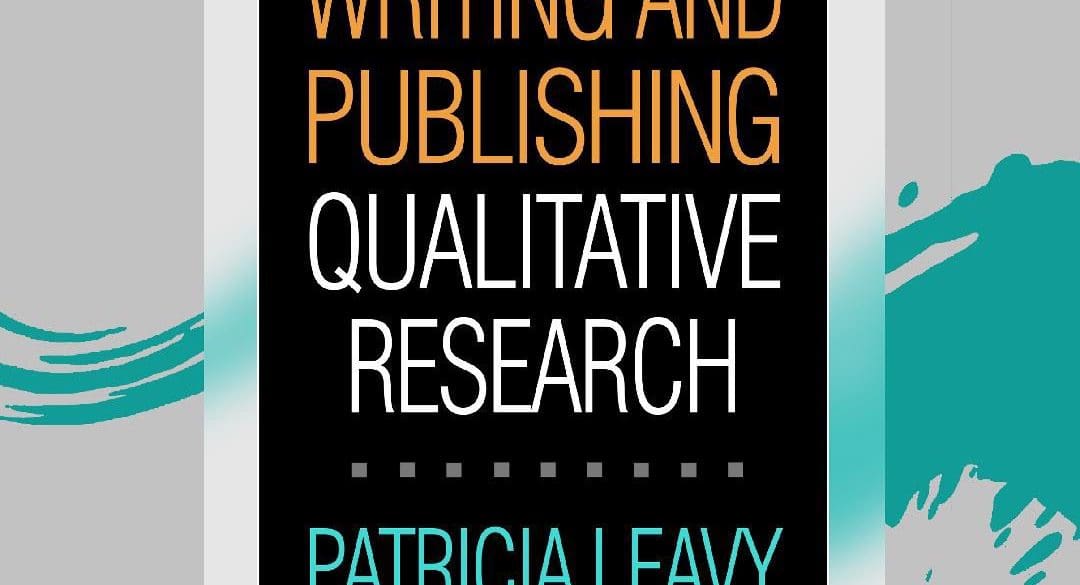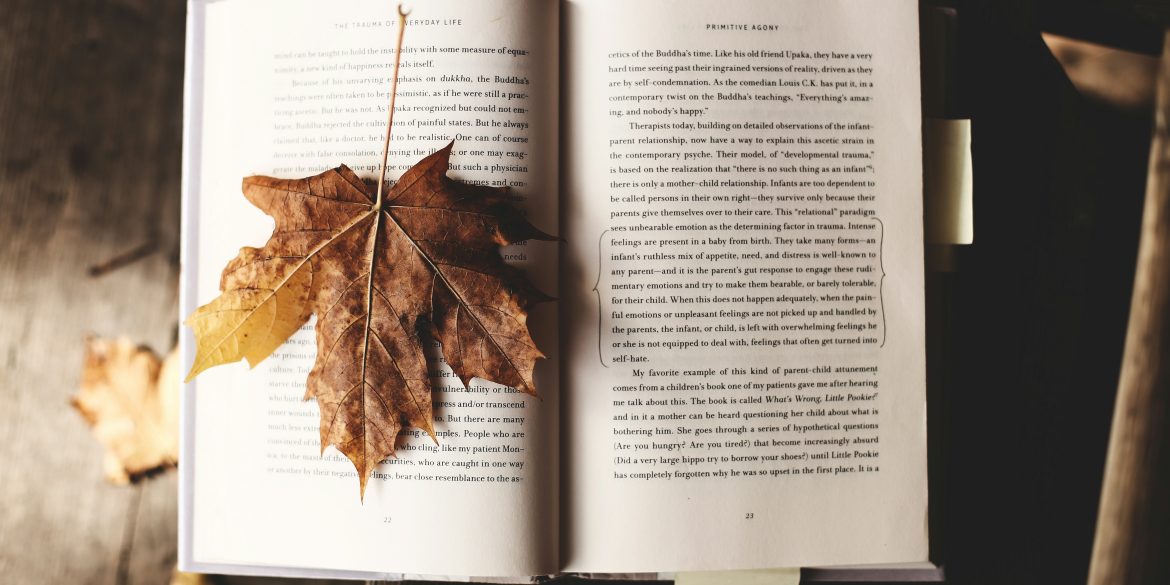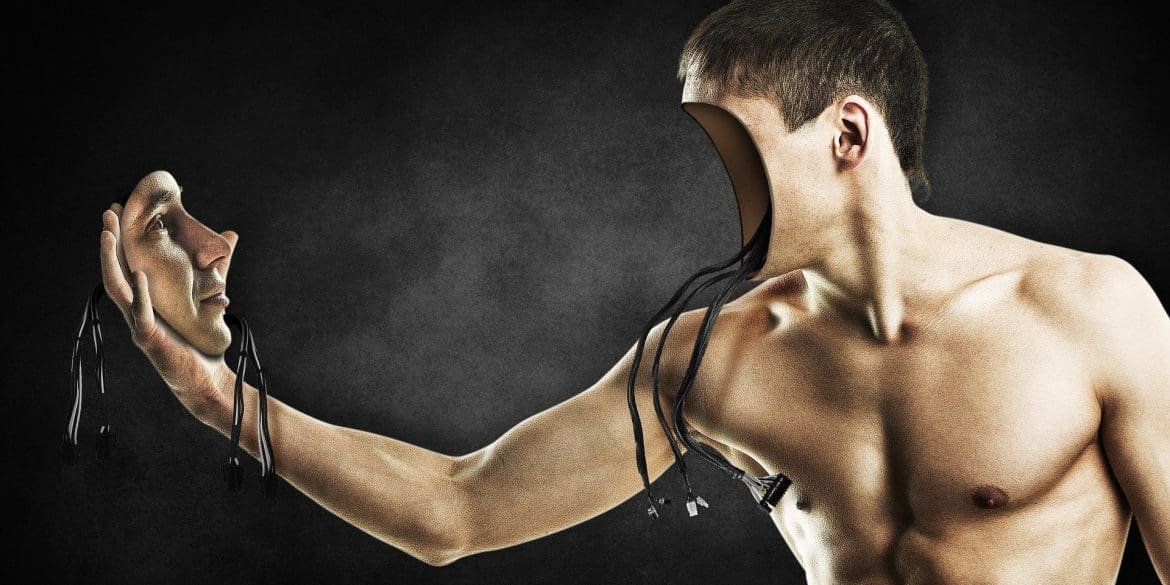I. Hate. Black. History. Month. And I’m hopeful, that in time, you will come to hate it too!
This is a conversation with Patricia Leavy about writing fiction during the pandemic and her new novel, The Location Shoot.
Poet Anne McCrary Sullivan discusses her latest book Learning Calabar, Notes from a Poet’s Year in Nigeria with editor Michelle Reale.
“Answering the Call of Conscience in the Call Out Culture” continues my accounting of, and critical reflection on, the ethical and political dimensions of having been falsely accused of sexual assault online.
I introduce artistic autoethnography and how the term a/r/tifact opens up the imagination to the possibilities of autoethnographic artmaking.
"Autoethnography and culture: Embodied inquiry is not a formula, or methodology, but a way of being, being open to the body as a source of knowledge, wonder, difficulty, fragility and utter joy."
U. Melissa Anyiwo·
All ContentAutoethnographic EssaysCelebrating Dr. Patricia Leavy's Social Fiction 2024MoreReflections on MethodSpecial Issues
··31 min readThis piece is intended to give you a sense of the ways in which I use Low-Fat Love in the classroom and why just using it makes the world a better place.
Guillermo Gil's newest book review examines Lidia Marte's Cimarrón Pedagogies, Notes on Auto-Ethnography as a Tool for Critical Education.
Editor Guillermo Gil's latest book review examines Chin who highlights her relationship to things, and/or her obsessing over wanting and buying things, and many more.
Leavy’s Writing and Publishing Qualitative Research is a comprehensive guide that navigates the intricate landscape of qualitative research from the writing phase to publishing.
Book Review: Revealing the Mantra of Trauma Author’s Memo This review of The Trauma Mantras seeks to convey the profound...
Editor Guillermo Gil's latest book review - The Autofictional: Approaches, Affordances, Forms - explores definitions and uses of autofictional writing.


